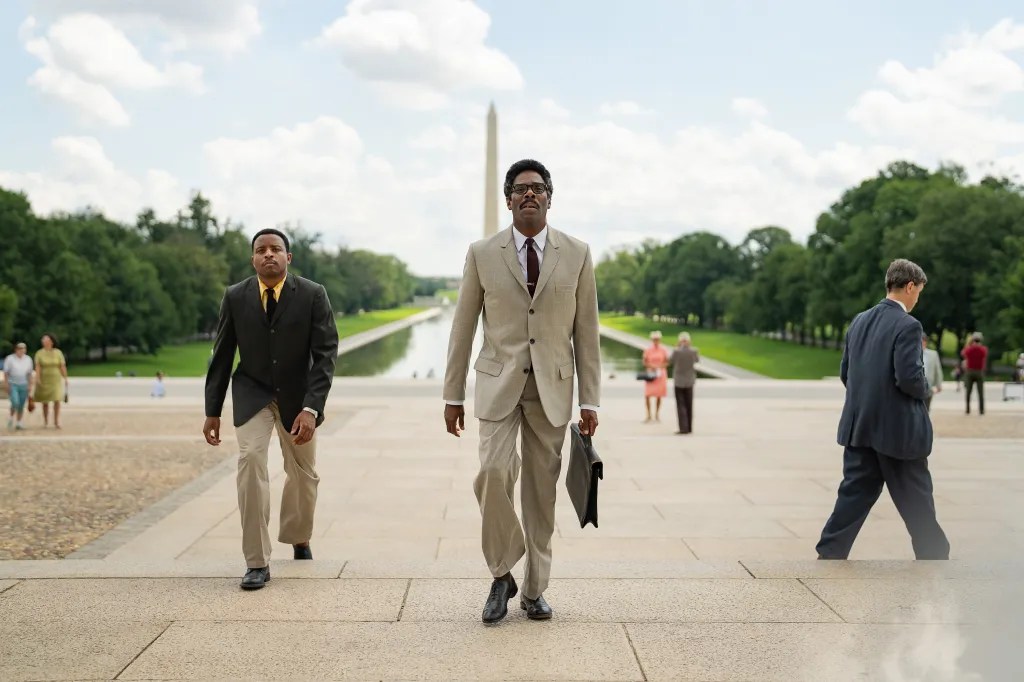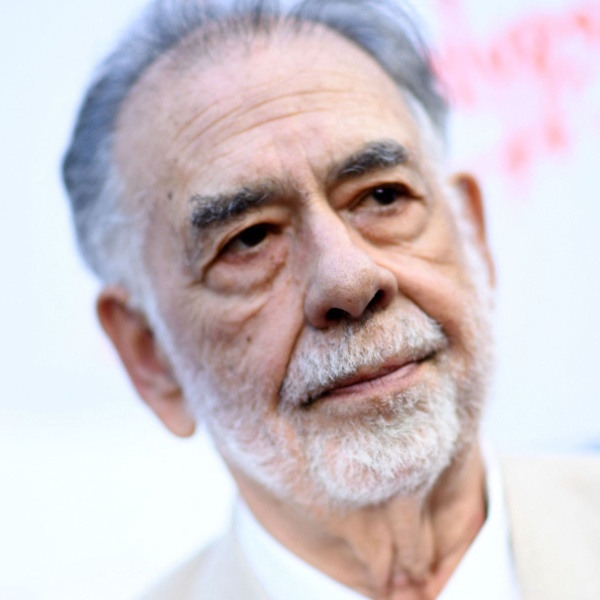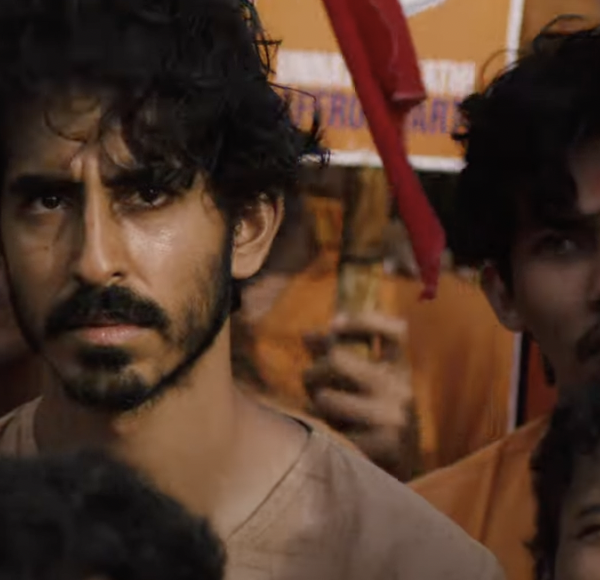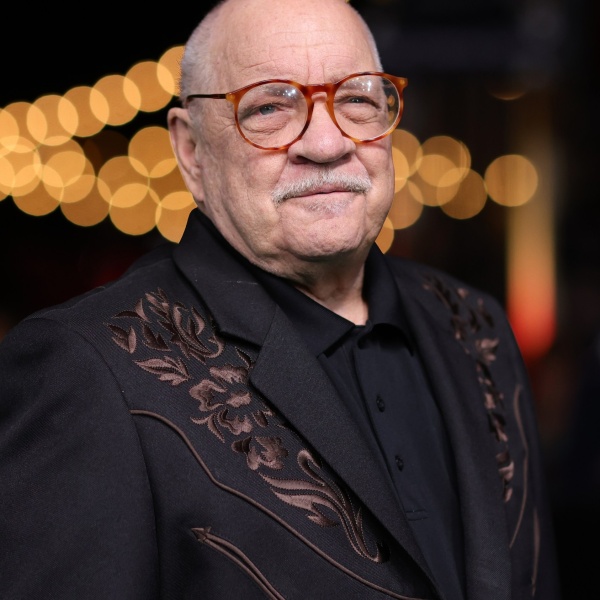The best thing to report when it comes to the progress the Oscars have made when it comes to diversity within the nominations is that, for the most part, one has to really stretch to point out a ton of firsts.
Of course, Lily Gladstone becoming the first Native American to be nominated for Best Actress is a huge achievement, long overdue. But the point of pointing a statistic like that out is to suggest there is now hope for a second Native American nominee in the category to come sooner than 96 years.
And that historically does not really happen with the Oscars. “Everything Everywhere All at Once” star Michelle Yeoh is a major example, becoming the second East Asian actress nominated in the category 88 years after “The Night Angel” star Merle Oberon became the first. When Yeoh won, she was the first Asian Best Actress winner ever in the Oscars‘ 95-year history, and only the second winner of color — two decades after Halle Berry became the first and only Black winner for Best Actress.
It is nice to be able to get more specific now, sharing how “Rustin” star Colman Domingo is the first Afro Latino to be nominated for Best Actor, and the first openly gay nominee in the category since Ian McKellen for “Gods and Monsters” 25 years ago.
But there are still glaring blindspots when it comes to how Black directors are recognized by the Academy. “American Fiction” filmmaker Cord Jefferson received nominations for Best Picture and Best Adapted Screenplay, but will not have a shot at becoming the first Black Best Director winner. That specific detail highlights why there is frustration around a film like Ava DuVernay’s “Origin” going under Oscar voters’ radars, as a Black female filmmaker has never been nominated for Best Director.
Incremental progress is being made. This is not the first year there have been actors of color in every category. We’re having to write the word “first” less and less. But the hope is that the Academy sees the positive momentum as motivation rather than absolution.






